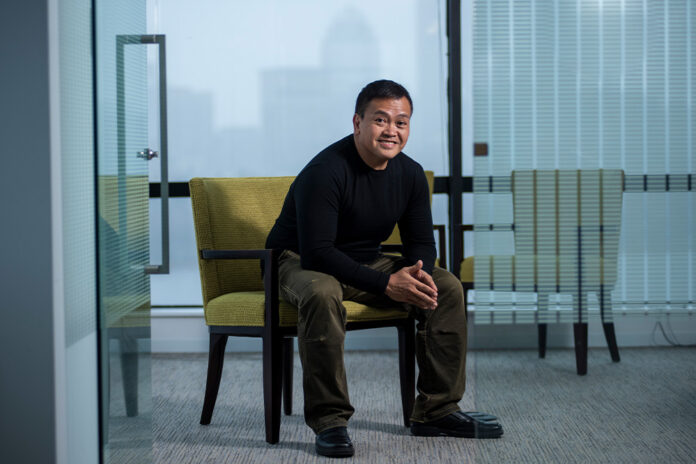The Challenge of Clinical Data
Medical researchers are facing a massive influx of clinical data, but to fully utilize this data and bring its benefits to everyone, significant changes are needed in how it’s gathered, shared, and applied. According to Leo Anthony Celi, a principal research scientist at the MIT Laboratory for Computational Physiology and the Institute for Medical Engineering and Science, as well as a practicing intensive care unit (ICU) physician, making clinical data openly available with proper privacy safeguards is crucial. Additionally, exploiting this open data through multidisciplinary collaborations among clinicians, academic investigators, and industry is essential. Another key aspect is focusing on the varying needs of populations across every country and empowering local experts to drive advances in treatment.
Sharing Medical Data
The MIT Critical Data consortium, founded by the Laboratory for Computational Physiology, aims to build communities across disciplines to leverage data collected in ICU care to better understand health and disease. This consortium connects people and aligns incentives, facilitating collaboration between hospitals, universities, and industry partners. The MIMIC (Medical Information Mart for Intensive Care) ICU database, built at the Beth Israel Deaconess Medical Center, is a flagship project with about 35,000 users worldwide, making it the most widely analyzed in critical care medicine.
The Problem of Bias in Medical Research
Most clinical research is conducted in rich countries, predominantly with white male participants. The findings from these trials are then translated into treatment recommendations for patients worldwide, which can lead to suboptimal outcomes in the treatment of diseases in Africa, Asia, and Latin America. To address this issue, groups disproportionately burdened by disease should set the research agenda. This approach is applied in "datathons" (health hackathons) organized by MIT Critical Data, where local experts and MIT students and faculty come together to apply data science techniques to real-world health data. These events are typically conducted in the local language and involve stakeholders from academia, industry, government, and other sectors.
Empowering Local Talent
Datathons aim to empower professionals and students in host countries to drive medical research, innovation, and entrepreneurship. By working together, participants can design solutions to local healthcare problems, leveraging each other’s expertise to fully utilize and discover knowledge encrypted in the data. This collaborative approach has shown that there is incredible talent in every country, capable of designing solutions to their healthcare problems.
Fighting Built-in Bias
The application of machine learning and advanced data science techniques to medical data reveals bias in unimaginable ways, often rooted in clinical trials. For instance, pulse oximeters have been found to overestimate oxygen levels in people of color, leading to undertreatment. As the universe of medical data expands, the dangers of such bias increase. Algorithms can detect sensitive attributes not visible to human experts, such as predicting if a patient is white or a person of color, or if they are rich or poor, based on imaging data alone. This can lead to algorithms advising against therapies for certain groups, highlighting the need for more diverse and inclusive clinical trials.
Opening Up Industry Opportunities
Pharmaceutical firms and healthcare corporations can benefit from better understanding societal needs and targeting their treatments appropriately. By participating in datathons and sharing results from clinical trials, corporations can witness the benefits of diverse and inclusive research. This collaboration can lead to better designs of health products, ultimately benefiting all stakeholders.
Conclusion
In conclusion, the effective use of clinical data requires significant changes in how it’s gathered, shared, and applied. By making data openly available, collaborating across disciplines, and empowering local experts, we can address the problem of bias in medical research and improve healthcare outcomes worldwide. The involvement of industry partners is also crucial in this endeavor, as it can lead to more targeted and effective treatments. Ultimately, by working together and leveraging each other’s expertise, we can unlock the full potential of clinical data and bring its benefits to everyone.

